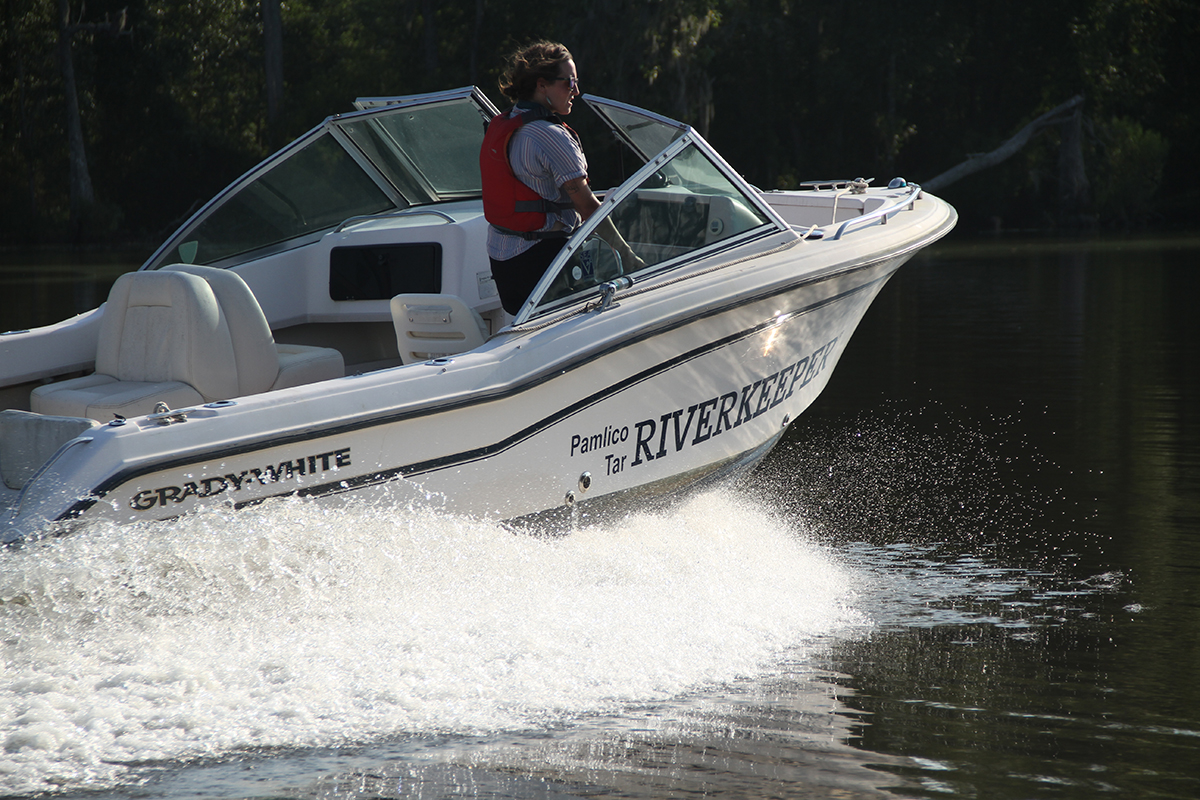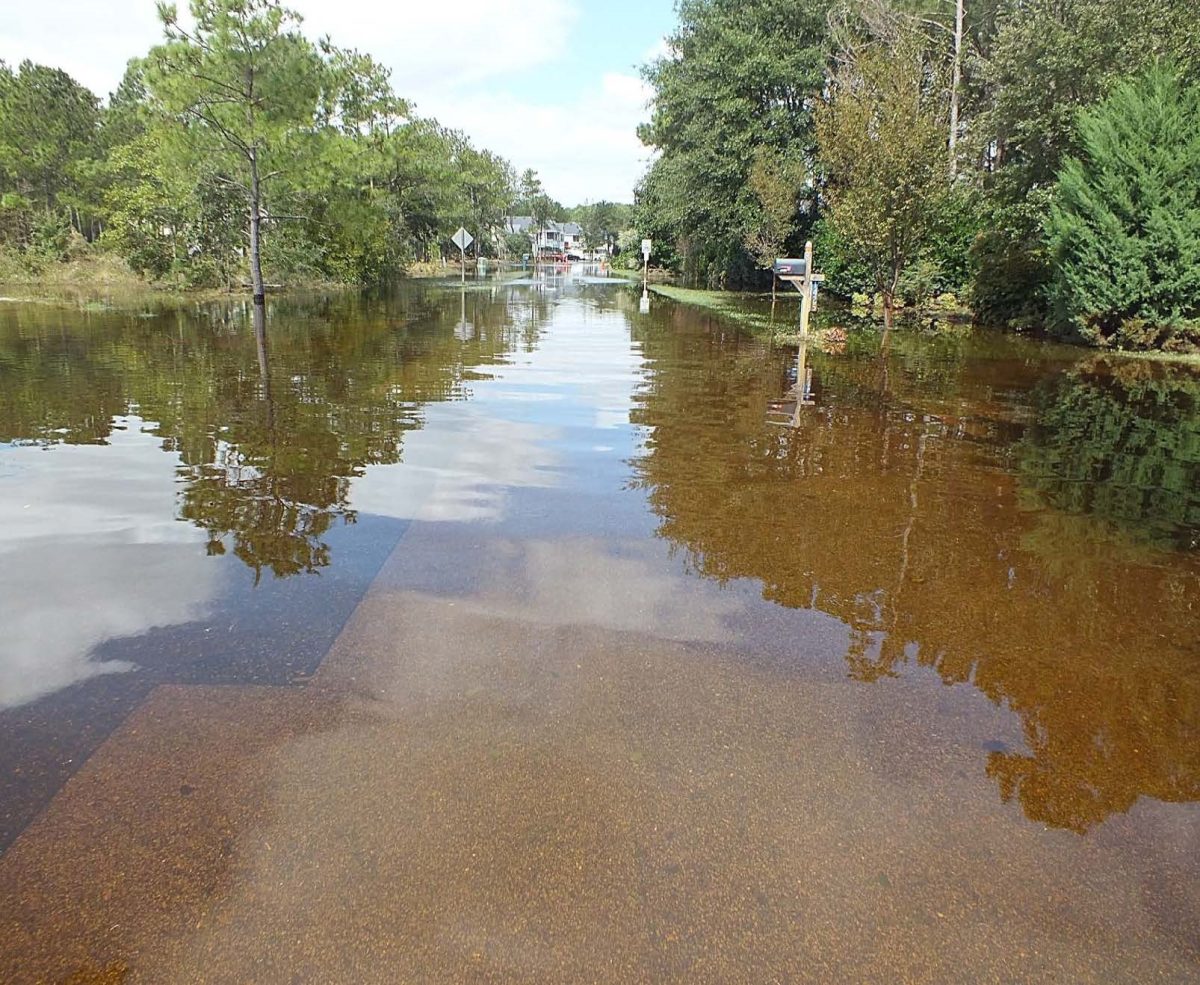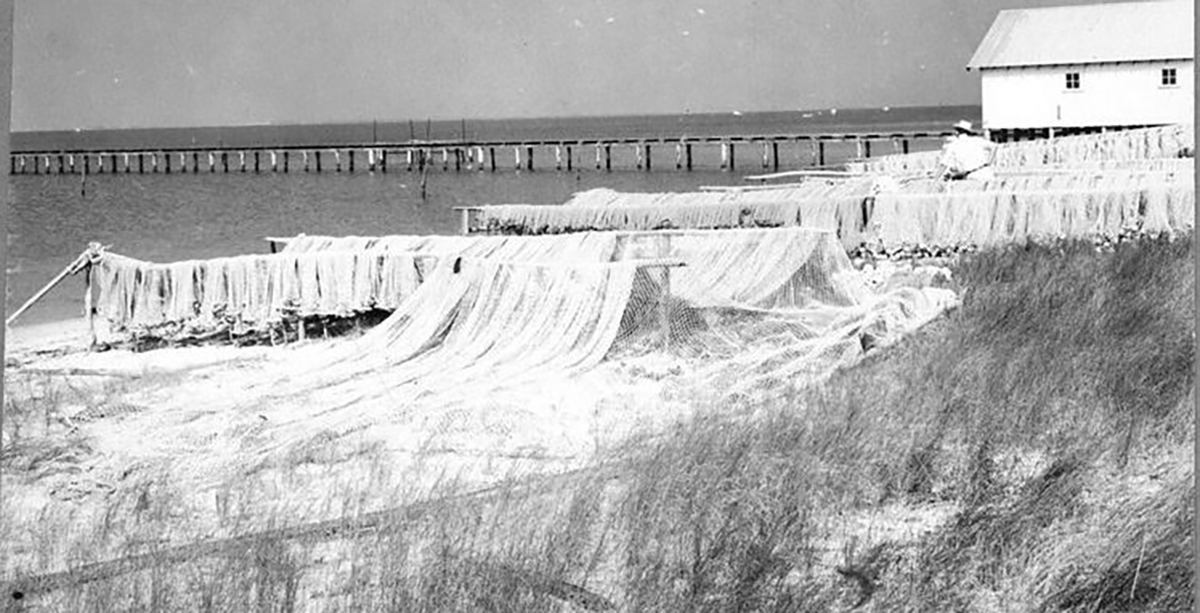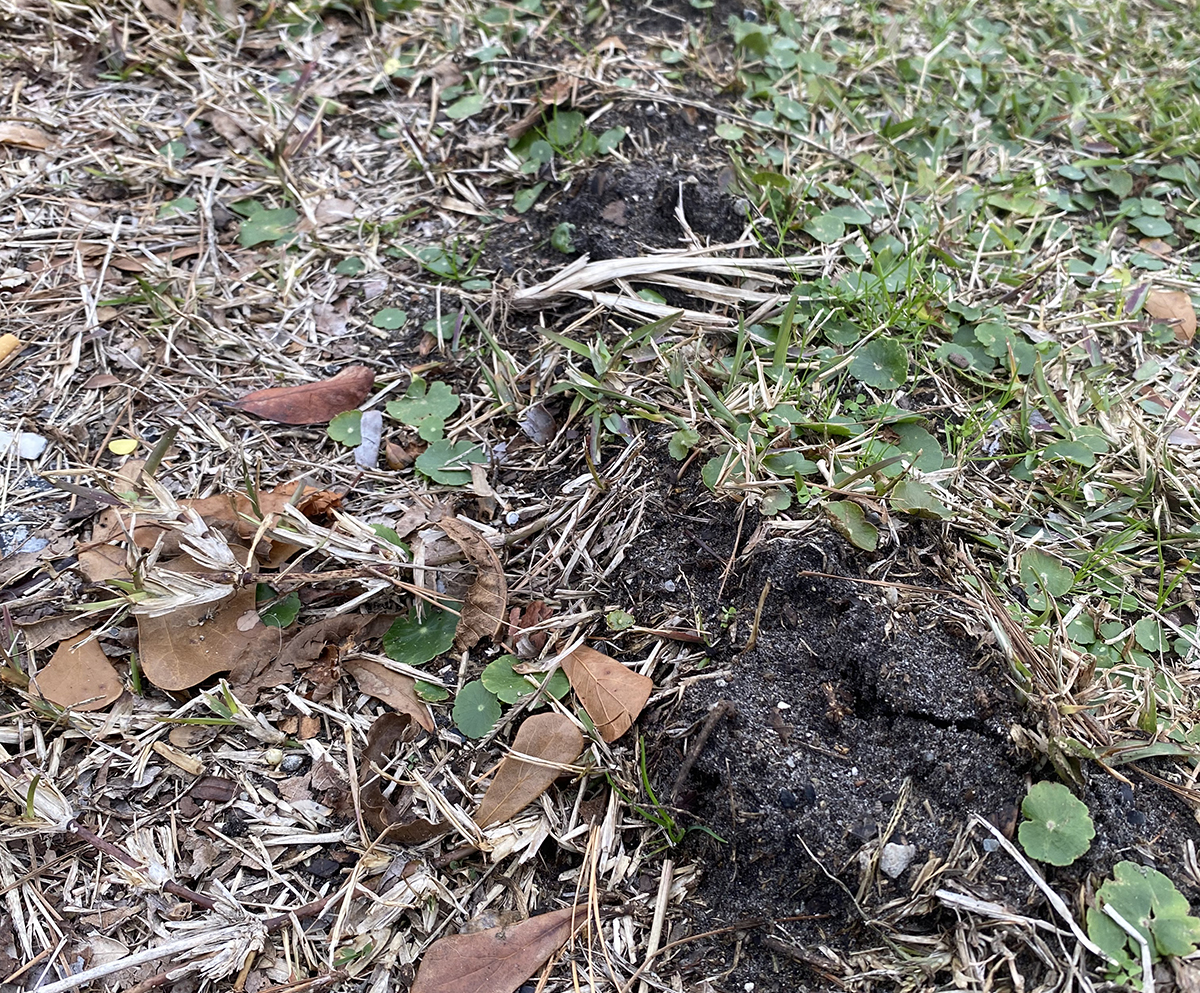
Environmental nonprofit Sound Rivers recently premiered its 40th anniversary documentary, “A Sound River,” a look back at the origins of the organization that monitors the health of the Tar-Pamlico and Neuse river basins.
Virtual audience members were able to see what has changed over the last four decades during the Nov. 30 premiere, and what issues Sound Rivers is working on today. The screening concluded with a Q&A panel.
Supporter Spotlight
The Neuse River Foundation was established in 1980 and the Pamlico-Tar River Foundation was started in 1981. In 2015, these two groups joined forces and became Sound Rivers.
Sound Rivers Executive Director Heather Deck said the idea to make a short documentary to celebrate the 40th anniversary was a few years in the making. Deck has been with Sound Rivers for nearly 20 years, first as a riverkeeper and now as executive director of the organization.
“The main thing, too, is not only (to) honor the work of all the people that have been involved, and all the stories through the years,” Deck said. “But then also to think about, how do we use this as a tool to create energy and excitement and passion to help more folks join the cause for a clean water future?”
The documentary also looks at current and future priorities.

“It’s a combination of stories, but it’s also showcasing probably the biggest fight that we have now and on the horizon, which is related to climate change, and the impact that climate change is already having on our rivers and communities, and the work that needs to happen for us to become more resilient and better prepared and to ensure that that is done in an equitable manner,” Deck said.
Supporter Spotlight
Sound Rivers brought two-time Emmy-nominated filmmaker Rain Bennett into the project late last year, and he started filming in the spring. Bennett was born in Washington, North Carolina, and so Deck felt he was the right person to bring a personal connection to the documentary. After the screening, the panel members acknowledged what they perceived as passion for the region in the beauty of the cinematography.
“He grew up on the Pamlico River. And so (Bennett) had that intimate knowledge of the area and the region,” Deck said.
The documentary, which is about 20 minutes long, includes interviews with current and past Sound Rivers employees, as well as people who have worked with the organization over the years. Together, they tell some of the stories that have made Sound Rivers what it is today. They talk about threats to water quality such as the Nutrien phosphate mine in Aurora and the Duke Energy coal ash spill.
The documentary also tells of Sound Rivers’ continuing priorities of addressing climate change and prioritizing helping communities that are disproportionately affected by things like pollution.
Bennett remarked after the film that despite having grown up in eastern North Carolina, he was not aware of the extent of Sound Rivers’ work and that he learned a lot while making the documentary. He added that he believes in the power of storytelling as a way to stand up to polluters.
“That’s how humans connect,” Bennett said during the panel discussion.
Lower Neuse Riverkeeper for Sound Rivers Katy Hunt says in the documentary that riverkeepers are the voice for the river as well as the people of the river.
“We’re scientists, we’re advocates, we’re educators,” Hunt said. “Some days we’re all three and then some.”
But in addition, Hunt added that people should view riverkeepers as a resource when something seems amiss. She said people can call with questions or concerns.
“If they see something that looks like pollution, they can call us, we can go out and investigate,” Hunt said.
According to Hunt, being a riverkeeper can sometimes feel like an uphill battle, considering how many threats there are to the health of rivers. But she feels inspired looking back on the history of Sounds Rivers.
“It’s really great to look back to the history and where we started,” Hunt said. “And to see how far we’ve come and to remind ourselves why it’s so important to continue doing what we do every day.”
Pamlico-Tar Riverkeeper Jill Howell agreed.
“I think it’s pretty important to remember how we started and why we started, if nothing else, because it was just a small group of people concerned about what was going on in their neck of the woods that came together and started this organization,” Howell said. “So, I think when we are frustrated, or maybe not moving as quickly as we’d like to towards clean water outcomes, I think remembering how a small group of people started what we are now today, and all the progress that has been made is really important.”
After the screening, audience members got to ask questions in a panel that included Down East Coal Ash Environmental and Social Justice Coalition President Bobby Jones, University of North Carolina Institute of Marine Sciences professor Dr. Hans Paerl, Howell and Bennett.
Since the premiere took place on “Giving Tuesday,” Sound Rivers put forth a challenge to raise $10,000 during the screening. By the end of the night, they had raised more than $12,300.
Some viewers wanted to know how they could get involved with the work that Sound Rivers does. Deck recommends referring to the Sound Rivers website, which has resources for simple things that community members can do to protect the health of the rivers in the region.
Those that missed the premiere will likely get a second chance to view the documentary in the spring. Deck says that COVID-19 permitting, they want to host in-person screenings throughout the region where people can view the film and talk about how to keep the rivers clean and healthy now and for future generations.
As Sound Rivers board President JoSeth Bocooke remarked at the beginning of the premiere, “Where there is water, there is life.”








